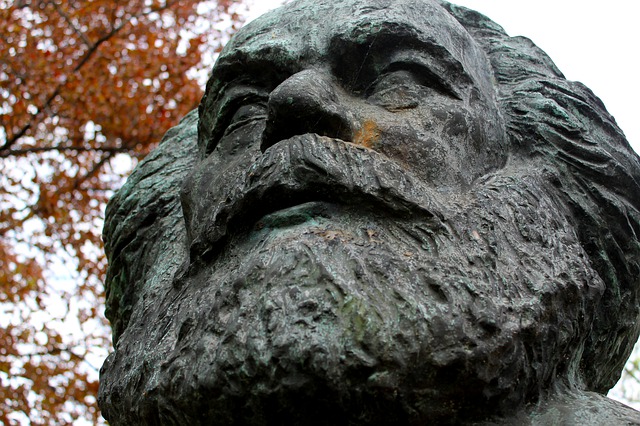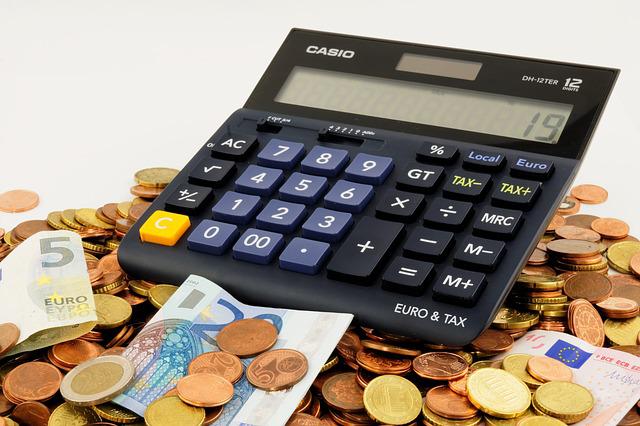
The idea of surplus value was developed by Karl Marx.
The dictionary of the Royal Spanish Academy (RAE) refers to surplus value as the increase in the value of an object or thing for reasons extrinsic to them . The concept, also known as surplus value , was developed by the German Karl Marx ( 1818 – 1883 ).
According to what Marx stated, surplus value consists of the value that the worker who receives a salary for his work generates above the money represented by his work effort . Said value, which could be defined as work not paid to the worker, remains in the power of the capitalist, who sees surplus value as the basis of monetary accumulation.
To understand the notion of surplus value, we must take into account that each commodity has a price that is related to the work time socially necessary for its production . Labor power is also considered by Marxism as a commodity, whose value is linked to what is essential for the worker to survive and reproduce.
The appropriation of surplus value
Let's look at this concept through a practical example: if a person must work nine hours a day to satisfy their basic needs and those of their family, receiving a payment 60% below what their work generates, the remaining percentage of salary remains in the hands of his employer, and represents capital gains. This value is new and additional, a surplus value, since it is not part of any other component of the production process.
This appropriation of surplus value is the exploitation of capitalism . According to Marx , the capitalist can increase the level of exploitation by maximizing absolute surplus value (by extending the working day) or relative surplus value (by reducing the value of labor power).

In Spain, capital gains tax is applied to certain real estate transactions.
The concept in Spain
In Spain, when the ownership of a property is transferred, or the real rights over it (as occurs in the case of a usufruct), the tax must be paid on the increase in the value of urban land , which is known as surplus value . After a sale, the tax is borne by the person, entity or company that sells, due to the increase in value that the land has undergone during its possession, unless it is a non-resident seller in the country (in this case case the obligation falls on the buyer).
Capital gains tax must be paid within the first 30 business days from the moment of transfer. In the case of inheritances, for which it is also the recipient who must pay the tax, the period is extended to six months from the day of death, with the possible extension to one year, by means of the pertinent written request before the expiration. of the first period.
Exceptions to the payment of capital gains tax
It should be noted that this tax does not have to be paid in all cases; some of the exceptions are:
* the contribution of rights and assets made by a spouse to the marital partnership, a verified award in their favor or a transfer made with the objective of paying their common assets;
* the transfer of real estate from one spouse to another, or to one of their children, to comply with a judgment of marital annulment or divorce;
Likewise, the following entities and people are exempt from payment:
* the State, as well as its autonomous organizations;
* the autonomous communities, which extends to their public law entities;
* any institution that has been classified as charitable;
* those who have been recognized as exempt through international agreements or treaties ;
* the Red Cross.
